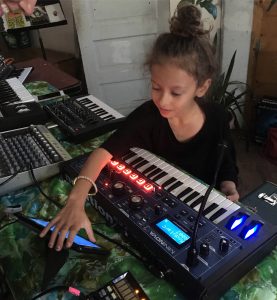Lessons Learnt After Years Of Making Music
I had multiple discussions with clients, friends or other musicians about how things have gone over a span of 20+ years. For people who have been interested in music making, they sometimes find the first few years to be a bit challenging and wonder how it is like when one gains experience, as if it gets easier.
The truth, which is my experience shared with many peers, is a bit unsettling for certain people because I like to say that it is a bit like parenting. It doesn’t necessarily get easier with time but there are constant challenges at first that get easier later on, while new issues will appear. This means that through the development of a musician, you go through stages where you aim to resolve some issues which open doors to more issues you didn’t even know existed.
In other words, when you know less, you also have to deal with less issues because you ignore them and just work your way through. When I hear my son listening to some random songs he loves on Spotify, made by obvious amateurs, I can tell that this was made without any knowledge but the average listener doesn’t know that as well.
Through the years, there are a multitude of facts I compiled that I want to share with you. These are just factual understandings having success, failure, struggles and victories, both from myself and seeing it in others. This is the main difference between a young producer and someone with experience: time teaches you some hard truths.
Fact: The Advantages of Limited Knowledge Are Real
I remember sitting in front of my newly acquired gear. Going to this synth store, I went a bit crazy. I bought a lot of gear without knowing anything about them. Then I went home and struggled to connect everything properly but I started playing with them.
Everything was exciting. Everything sounded awesome. I felt pure joy as I didn’t know what I was doing but it was just really fun. I had no idea what I was doing and I would just try to control what came out of them. There was no Youtube to give me instructions and I’ve never been attracted to read manuals. It was all about trial and error.
What I see is that when you know less, things appear easy and that can give you a lot of energy. I’ve seen people really new at music making and creating a hit. Then, they never were able to really do any more music. The fresh start is sometimes very easy but then as you try to get better, you learn more, realize your mistakes, buy proper gear to then realize you just complicated your workflow. The curve to get in the flow is then harder.
Things get complicated when you build expectations or compare yourself.
TIP: I always recommend newcomers to try to play with sounds instead of aiming at making songs.
TIP 2: Use less to maximize your flow state and idea making.
Fact: Growth through Practice, Not Gear
One of the challenges a producer with a bit of experience will face is to fall in the trap that they need the perfect conditions to be inspired, productive or successful. This is the root of procrastination and writer’s block. People who buy too much stuff while not practicing usually don’t get anything done.
If you want to be good at music production, make it the central part of your life. Make room to practice everyday, listen to tons of music, search for nice samples, recordings, ideas and spend a lot of time learning your tools before acquiring anything else. Build vocabulary of the sounds you like, tools you use and recognize what you hear in other’s songs.
If you have Ableton Live, you already have everything you need. Just go and start new ideas, everyday, all the time and follow what you absolutely love doing. If you practice what you love doing, you’ll become a master in that field. You don’t need to be able to do everything yourself, all at once.
Fact: Completing a Song Does Not Guarantee a Release
Imagine we compare music to pictures. Are all your pictures on your smartphone deserving to be published in a book?
If you finish a song, the hard truth is, it will interest only a number of people and from those, a handful will be interested in paying to listen to it. But we’re so flooded with music daily that we pick carefully what we want to invest in.
This means that the more music you do, that you finish, the more it will get “better” and that more people will be interested in it. The more you make music to be published or please others, the further you’ll be from who you are.
Does this mean it’s not worth finishing music?
No. It’s important that you go through what you do just like you fully cook a meal.
TIP: Adopt the idea that whatever you do, is important to yourself only. Share humbly to the right people.
Note: I’d add also that releasing a song doesn’t mean you’ll get success.
Fact: Validation-Seeking Can Lead to Misleading Feedback
This is a HUGE portion of the people who roam on production forums, Facebook groups and any online debate. Their logic is often a sum of multiple reads, some personal experiences and they’re searching for answers but will also share some of their views, imposing it as a fact.
I’m very picky of who I trust when it comes to getting things explained. Anything non-technical is always a gray zone. One’s story might be true for herself but maybe not you.
When I’m being explained something, I don’t apply what’s said. I try to understand it, by its logic and then test. I’m very allergic to whoever tells me that music should be done in a specific way or not. Feedback on my music is always about technical, and neutral points. If I want one’s appreciation, I will ask directly and also pick the people to share.
TIP: Useful information comes when you ask the right questions.
Fact: Solid Ideas Outlast Solid Production
This one will be controversial I think but I’m pretty firm on that point. Just to prove my point, I can tell you that any ear-worm ideas will stick to your mind for days but a very nice snare/kick, not really.
You don’t remember nice production compared to a 4 seconds catchy hook, but it does create a nice impression. I sadly see a lot of shit ideas being hidden by impeccable production. It makes you swallow the poor idea but it won’t age well. I’ve heard incredible hooks with a shit production and honestly, sometimes it tricks your brain that the poor technical approach was intentional.
This is how some lofi production got big because I think that some were initially made by people who didn’t know what they were doing. But then they’re emulated and copied. When I see people trying to make music sound like in the 90’s, they don’t understand that back then, we were frustrated by our limitations and we were trying to sound futuristic.
Acid house was minimalist because people only had a budget for an 808 and a 303.
Finding good hooks is a mixture of luck and experimentation, curiosity and openness.
TIP: Whatever stage of music making you’re in at the moment is enough. If you accept your limitations, you’ll be able to achieve more than you think.
Fact: The Power of Networking and Community Is a Game Changer
You can be the best music producer but if you have no community to support it or a network to share it, there are a lot of possibilities that your music will never be heard. This is something that I discussed much in this blog but the importance of knowing the right people will lead you to opportunities that your music alone.
There’s this myth that if you do the perfect song, all the doors will open in front of you. That’s not something I’ve seen, ever. There’s way more amazing songs that were never published because of the artist’s lack of contacts.
Fact: Success, Cycles, and Breaking Free from Illusory Competition
Chasing success is something we all deal with at one point or another. Seeing others succeed might trigger the feeling that we’re not on the right track, that we missed something important, that we also deserve the same (for whatever silly reason). What we define as success is very personal. There are different types of successes and if we chase them all, we will always feel like we’re missing something.
The different types of success associated with music production could be organized in different spheres. Some people see it in who they work with, some into their social accountability, who they release with, number of sales, bookings, etc.
If you persist in what you do, you’ll go through ups and downs, just like anyone else. You can’t always be at the top of your game or always present in media/social circles. One’s success doesn’t leave you in their shadow. It might actually open doors for you if you go along with it.
TIP: No one is stealing attention/gigs/success from you. The only person you’re in competition with is yourself and that is a choice.
Fact: The Elusive Nature of Hit Songs
I remember attending a panel at Ableton’s LOOP gathering with Young Guru who is a famous producer from LA. He shared his view on what is a hit and I totally agree with him.
“A hit is a song that is hitting the right idea, at the right time and picked up by the right people.”
One doesn’t control if his song is a hit or not. The minute you understand that this is out of your control, it can be both making you feel free or depressed. If you chase success and want to make hits, it might sound discouraging because you’ll understand it is like a lottery. It really is.
But it can also set you free. Creating with a goal as an absolute is often creating large blind spots where you miss out on beautiful results you’ll discard as you’re focused on something you don’t control.
The day you’ll make a hit, it’s possible that you might not even know it. It just happens, or not. You don’t have control over it. But the more you chase making successful songs, you might end up down the perfectionist path.
The journey of a musician encompasses challenges, failures, triumphs, and personal growth. Through my own experiences and observations, I’ve shared several factual understandings about success, limitations, creativity, and community. Embrace the joy of exploration, persevere through practice, and remember that your music’s impact goes beyond commercial success. Seek genuine feedback, prioritize solid ideas over flawless production, and build meaningful connections within the music community. Success may not be constant, but the fulfillment lies in the pursuit of artistic expression and the continuous evolution of your craft.

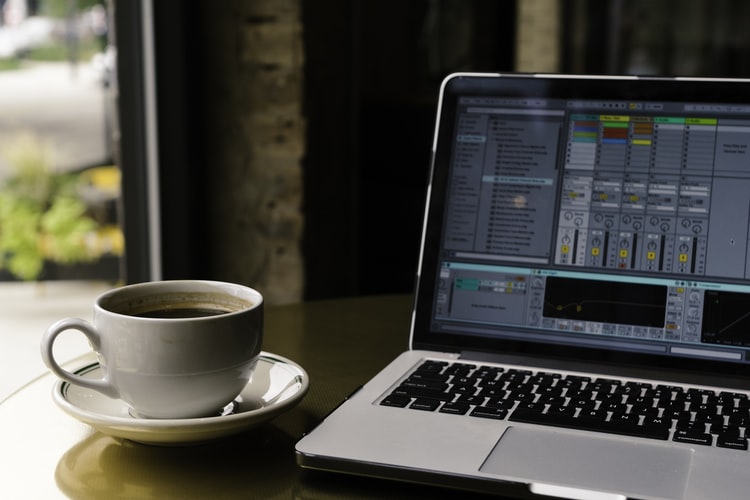
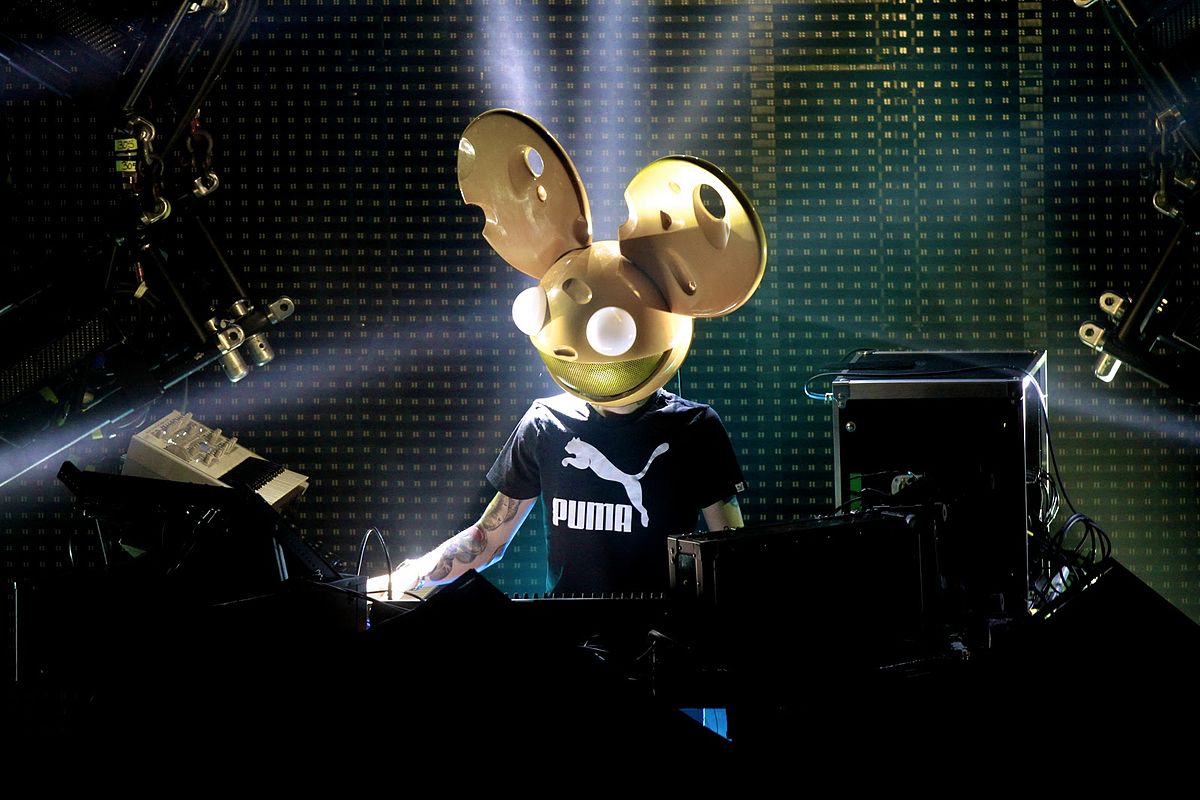
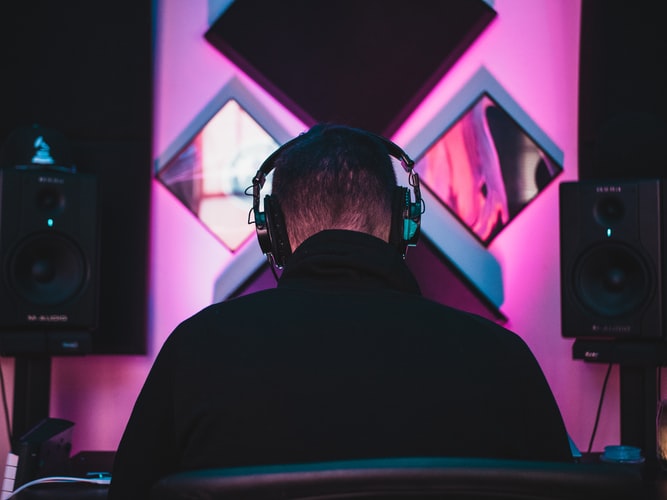



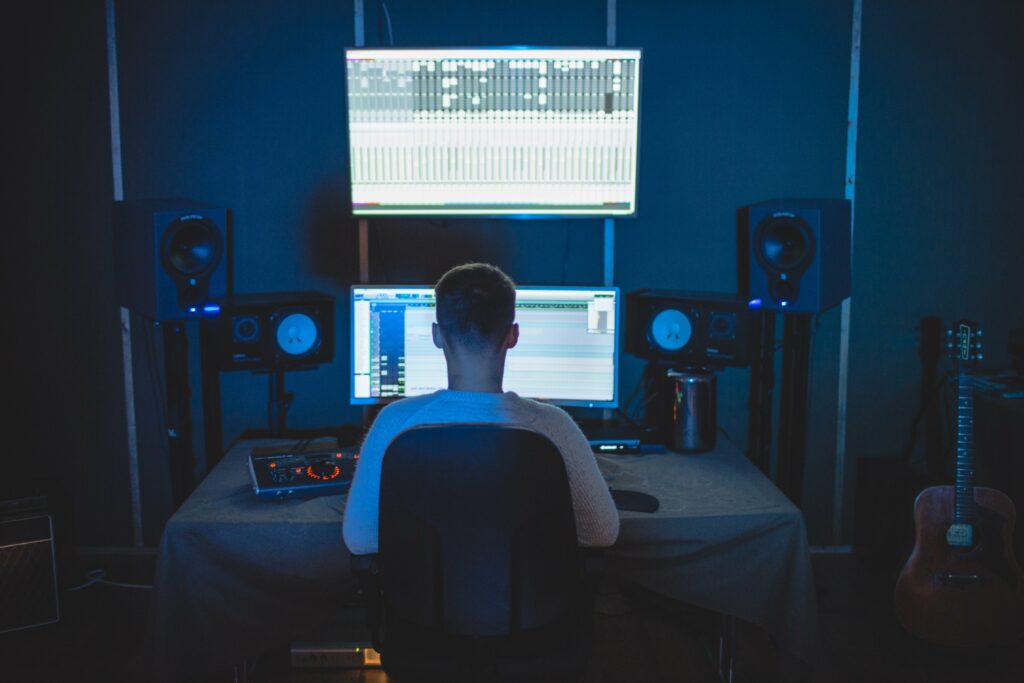




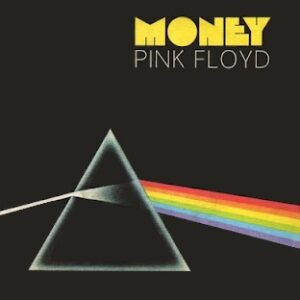

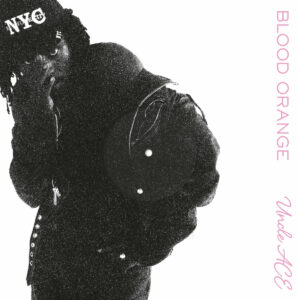


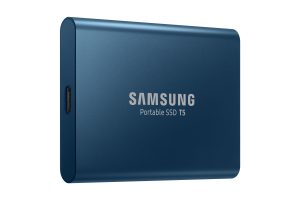

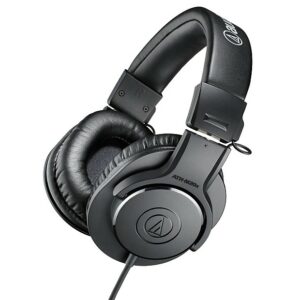



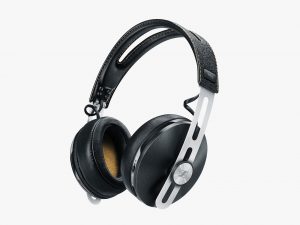
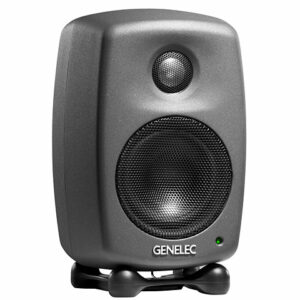
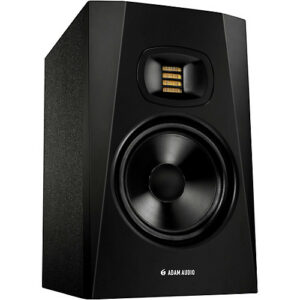
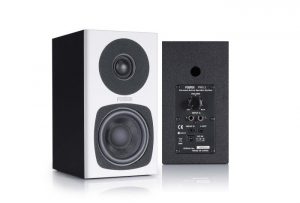
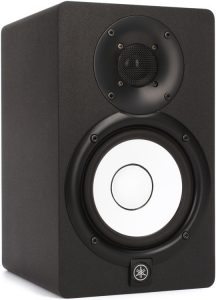
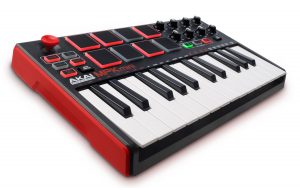
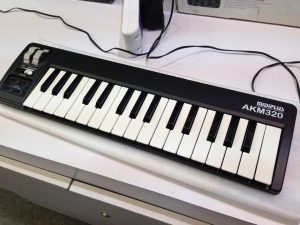
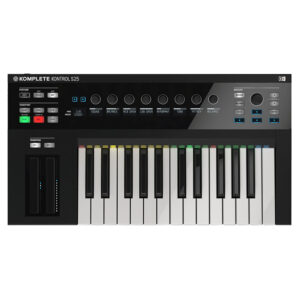
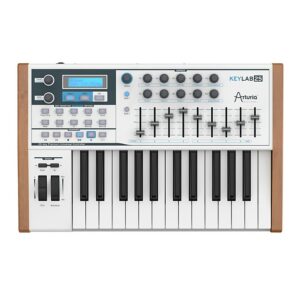
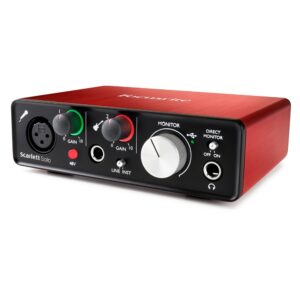
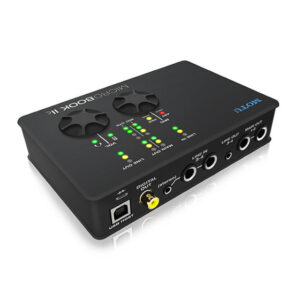
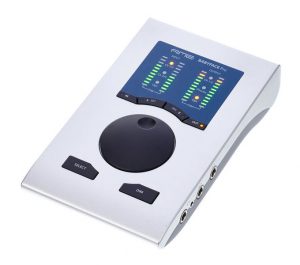
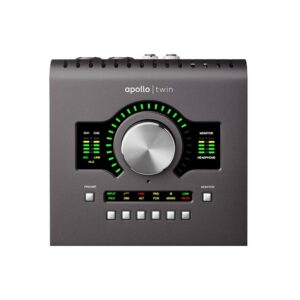

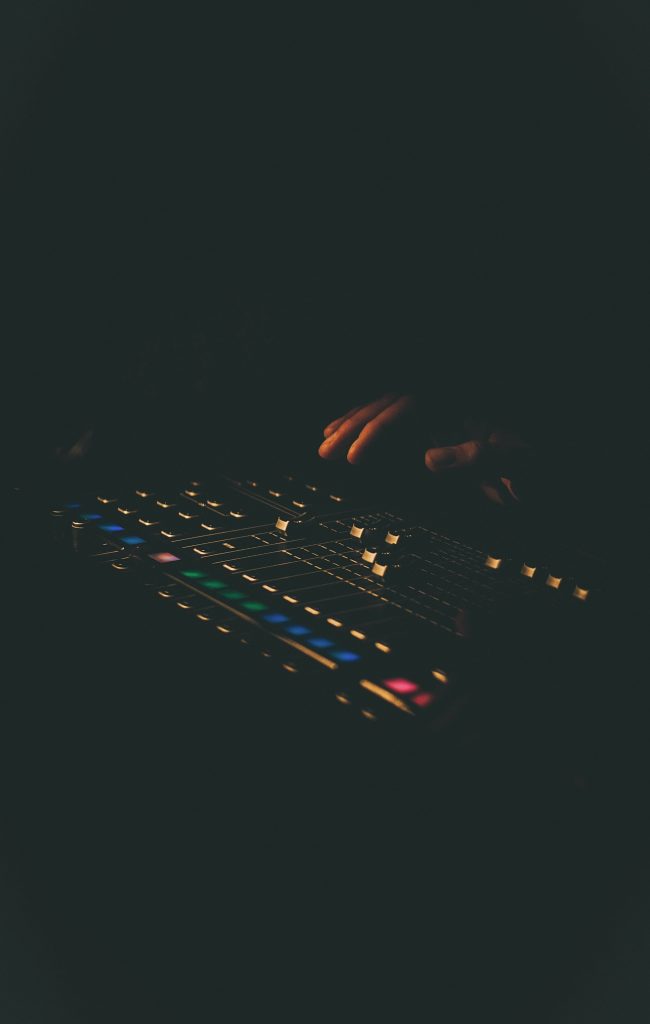 Investing too much, too fast
Investing too much, too fast
